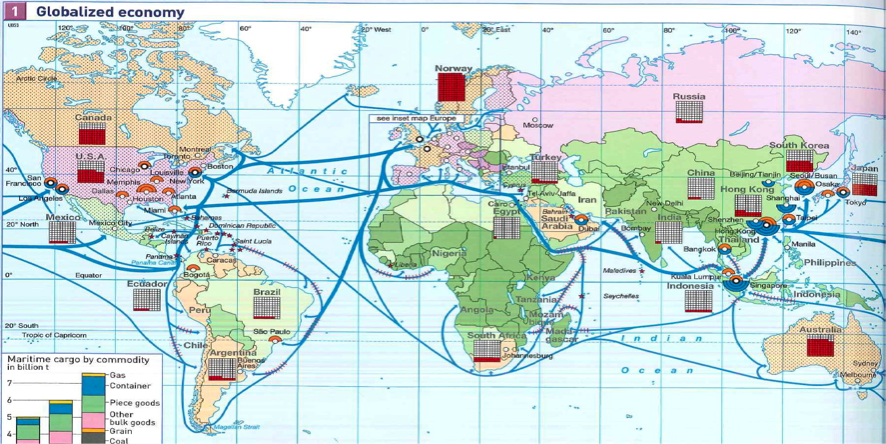These are the people who intervene in business.
Depending on the quantity and quality of the employees a business need this can be an important factor in order to decide where to locate a factory.
Some industries, for example High-technology industries, needs highly qualified and skilled workers and that’s why are located near to research facilities in universities.
Other industries like textiles need many unskilled workers, so nowadays most of these factories are located in countries where the salaries and rights are lower.
In developed countries working hours are controlled, and workers’ rights, like the freedom of association and the right to strike, are recognized. Workers enjoy paid holidays, unemployment benefits, and health insurance.
In developing countries working days are very long; there are very few breaks, and minimum health and safety standards are not respected. Also, salaries are very low and workers do not normally receive unemployment benefits or health insurance.
The countries of Eastern Europe (Romania, Poland, Slovenia, Czech Republic and Slovakia) for example, after 2004 have benefited from joining the EU. At the same time their wages are lower but the labour is highly skilled, due to the good education level of their countries.
China and India have around 25% lower operating costs than the UK. Nowadays there is growing demand for cheap manufactured goods such as clothing and electronics, while China and India have a large labour force to provide workers for the factory.



